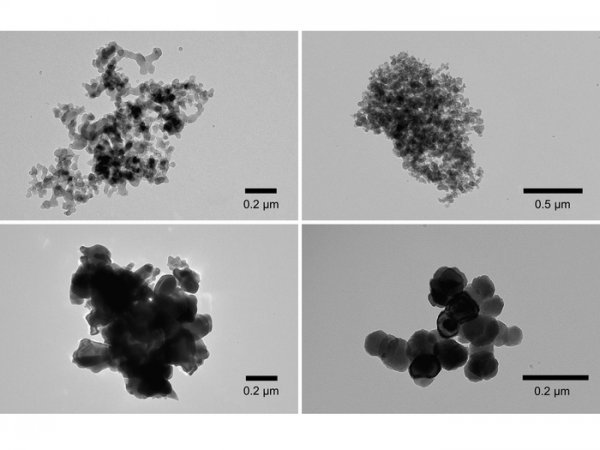Experiencing three or more concussions is linked with worsened brain function in later life, according to new research.
articles
Invading Insects Transforming Antarctic Soils
A tiny flightless midge which has colonised Antarctica’s Signy Island is driving fundamental changes to the island’s soil ecosystem.
New Study Reveals Boreal Wetlands Are a Large Source of Reactive Vapours in a Warming Climate
Boreal wetlands are a significant source of isoprene and terpenes, a class of highly reactive organic compounds that have a substantial impact on the Earth’s climate, according to a new study led by the University of Eastern Finland and published in Atmospheric Chemistry and Physics.
Dark Clouds on the Horizon
Our industrialized society releases many and various pollutants into the world.
Climate Change Concern in Florida Linked With Recent Extreme Weather
An increasing number of Floridians agree that human actions are causing climate change, including a record number of Florida Republicans, according to a new survey from Florida Atlantic University.
Data-Informed Care Can Help Offset Climate Change-Related Health Risks
As more people suffer from heat domes, wildfires, floods and other extreme climate events, a team of Oregon Health & Science University physicians are urging their colleagues to use data to address climate change’s many health impacts.









